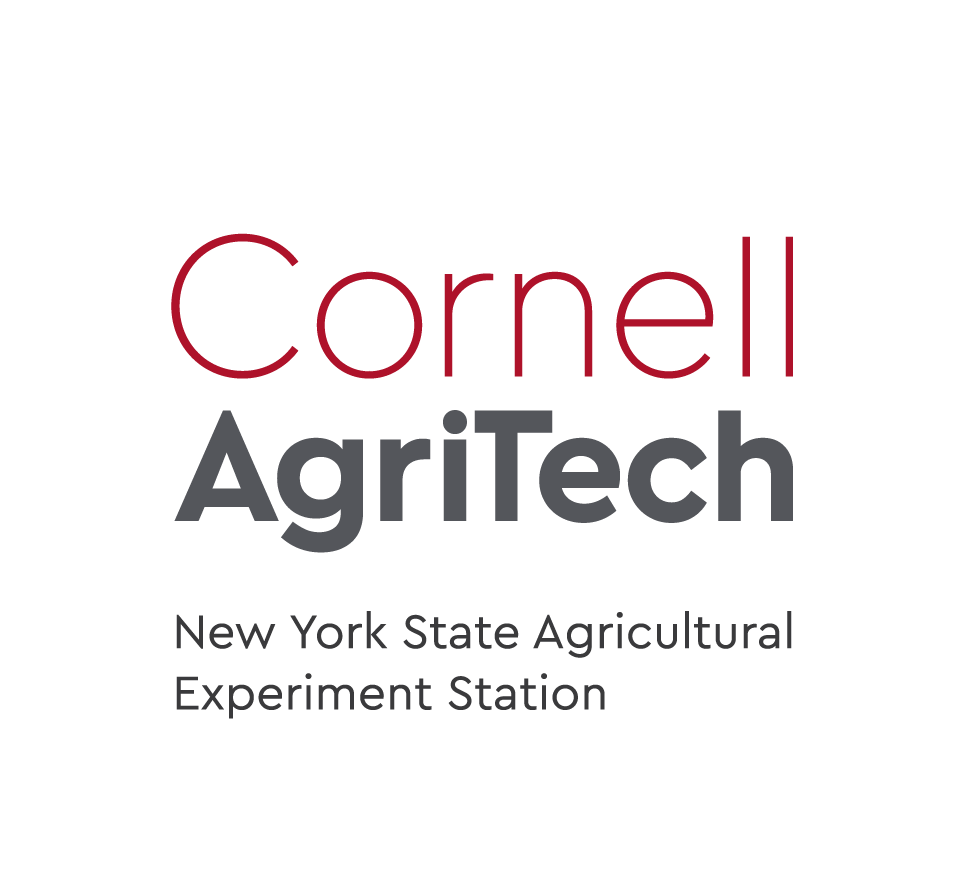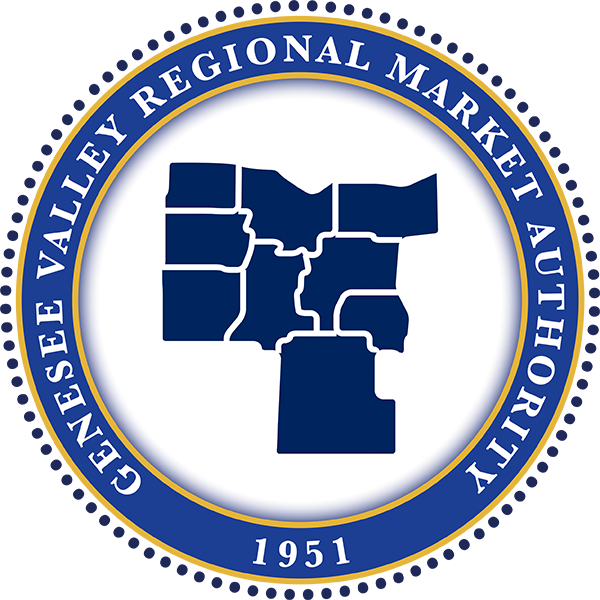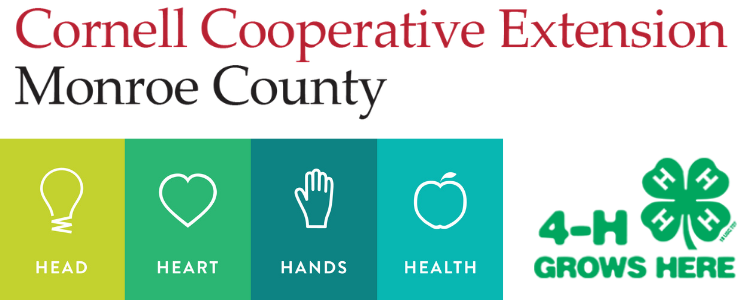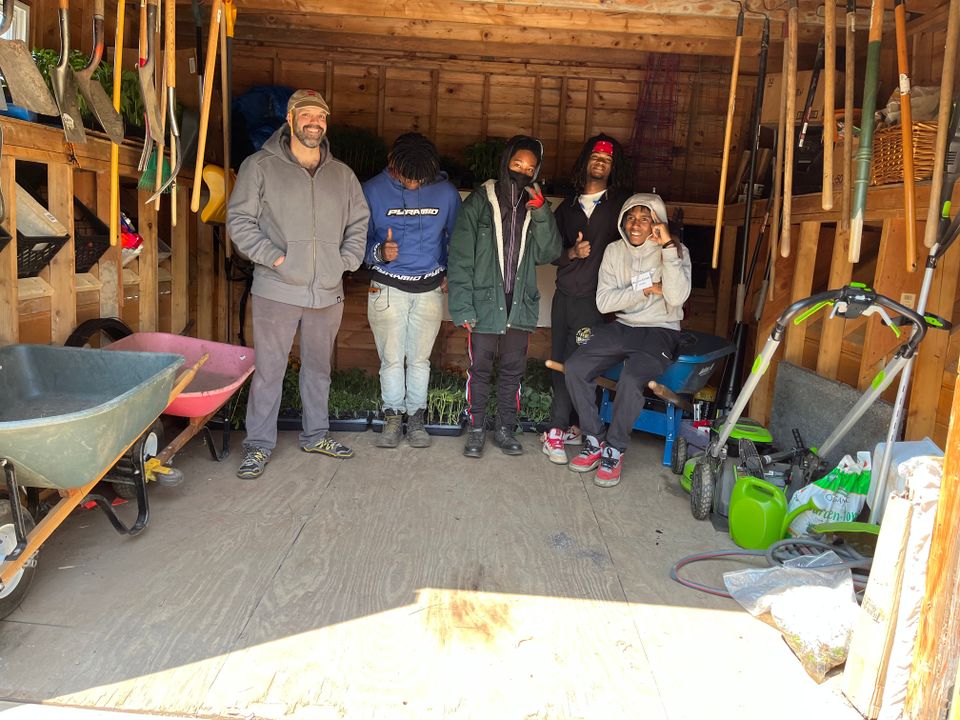
Cornell AgriTech’s Gates Organic Farm
Cornell AgriTech’s Gates Organic Farm, a 20-acre certified organic research parcel dedicated to advancing organic farming industries in New York state, benefited from grants totaling $700,000 from the Genesee Valley Regional Market Authority (GVRMA) to construct critical site infrastructure and purchase equipment. The grant, awarded in 2020, addressed key needs, including constructing a 40x80 storage barn, improving farm access roadways, installing perimeter fencing, enhancing drainage, and removing trees. Additionally, weed control measures were added, such as flame weeder equipment and a lean-to structure for storage. As the farm enters its fourth growing year, all infrastructure improvements are in place, supporting best practices in organic agriculture research.
GVRMA has helped Cornell AgriTech make an impact on the New York State food industry through its funding of two critical areas in its science building. The Center of Excellence for Food and Agriculture (CoE), which helps grow New York’s agrifood sector, was given a home on the second floor of the building thanks to a $400,000 GVRMA grant that leveraged $150,000 from the Emerson Foundation and $100,000 from Cornell. By mid-2023, the CoE had helped companies create and retain 924 jobs, increase revenues by $32 million, secure more than $63 million in non-government funds, and save over $7.8 million. Non-job economic impacts have totaled more than $135 million.
In addition, the Food Innovation Lab, renovated with a $100,000 grant from GVRMA, complements the Cornell Food Venture Center Pilot Plant, a hub for food safety validation, testing and processing. The Food Innovation lab provides valuable resources for food and beverage entrepreneurs, allowing them to develop new products and contribute to the growth of the agrifood sector in New York State. The lab’s equipment includes both food preparation and scientific testing capabilities, benefiting entrepreneurs, graduate students, and the Cornell Maple Program.
GVRMA has helped Cornell AgriTech make an impact on the New York State food industry through its funding of two critical areas in its science building. The Center of Excellence for Food and Agriculture (CoE), which helps grow New York’s agrifood sector, was given a home on the second floor of the building thanks to a $400,000 GVRMA grant that leveraged $150,000 from the Emerson Foundation and $100,000 from Cornell. By mid-2023, the CoE had helped companies create and retain 924 jobs, increase revenues by $32 million, secure more than $63 million in non-government funds, and save over $7.8 million. Non-job economic impacts have totaled more than $135 million.
In addition, the Food Innovation Lab, renovated with a $100,000 grant from GVRMA, complements the Cornell Food Venture Center Pilot Plant, a hub for food safety validation, testing and processing. The Food Innovation lab provides valuable resources for food and beverage entrepreneurs, allowing them to develop new products and contribute to the growth of the agrifood sector in New York State. The lab’s equipment includes both food preparation and scientific testing capabilities, benefiting entrepreneurs, graduate students, and the Cornell Maple Program.



